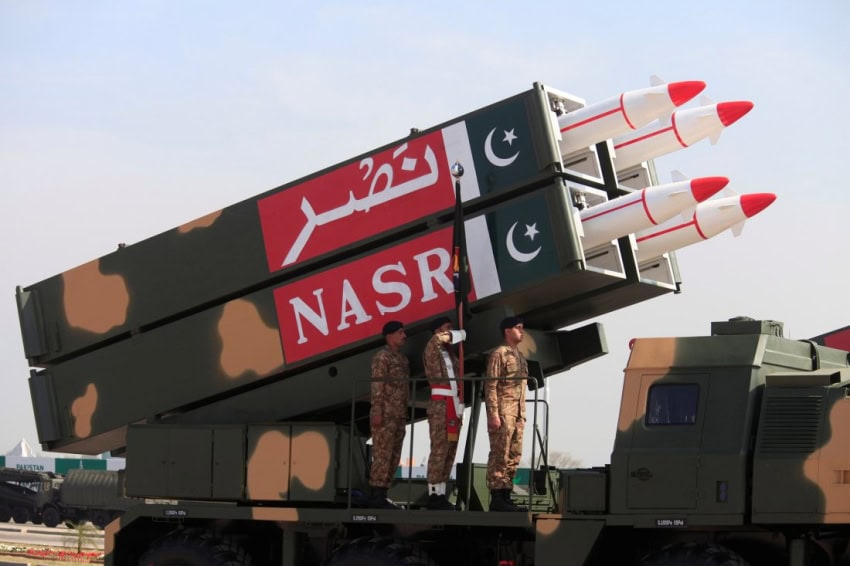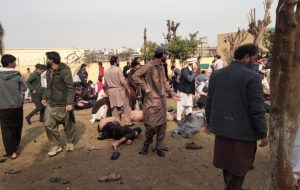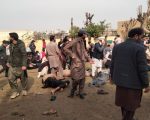ISLAMABAD – A global security organisation has ranked Pakistan above India, North Korea and Iran in terms of handling of weapons-usable nuclear materials.
The Nuclear Threat Initiative, a US-based organization focused on reducing nuclear and biological threats imperiling humanity, has issued the ranking, showing Pakistan has gained three points since the last assessment of 2020 to secure 19 place in list of 22 states.
The index revealed that Pakistan’s total score is 49 which is higher than India’s 40, Iran’s 29, and North Korea’s 18.
It showed that Pakistan ranked 32 along with Russia and Israel in terms of the security of its nuclear facilities while it is above India, Iran, Mexico, South Africa and several others among 47 countries.
However, the index warned that global nuclear security was deteriorating. “After years of reporting flagging progress on nuclear security, the NTI Nuclear Security Index for the first time in 2023 finds that nuclear security conditions are regressing in the dozens of countries and areas with weapons-usable nuclear materials and nuclear facilities,” it said.
It further highlighted that several countries, including Pakistan, were expanding their stocks of weapon-grade materials.
“Eight countries — France, India, Iran, Israel, North Korea, Pakistan, Russia, and the United Kingdom — have increased their stocks of weapons-usable nuclear materials, in some cases by thousands of kilograms per year, undermining minimization and elimination efforts and increasing the risk of theft,” said the report. “Countries also are reneging on their commitments to confidence building and information sharing, key drivers of progress during the period of the Nuclear Security Summits.”
The 2023 NTI Index includes a separate Radioactive Source Security Assessment that assesses national policies, commitments, and actions across 175 countries and Taiwan to secure radioactive sources and prevent a dirty bomb. The assessment does not score or rank countries and areas.
The NTI Index is a groundbreaking assessment of nuclear security conditions in countries and areas around the world. Developed in partnership with Economist Impact (EI), it uses publicly available information to track progress on nuclear and radiological security across the countries.













